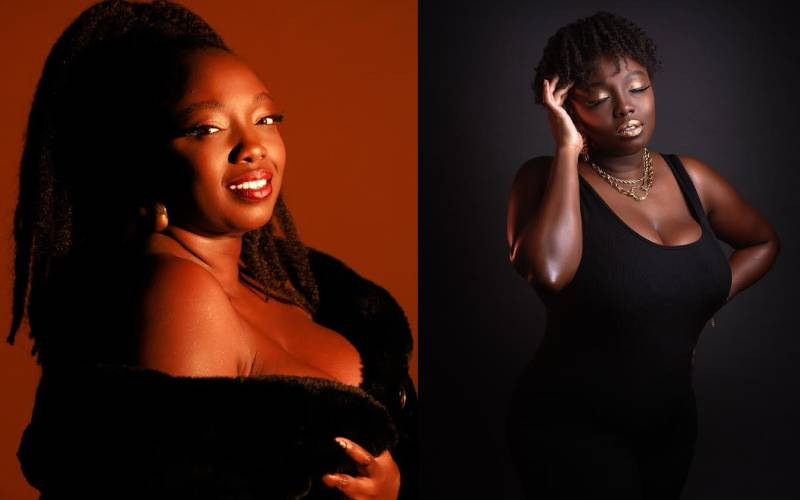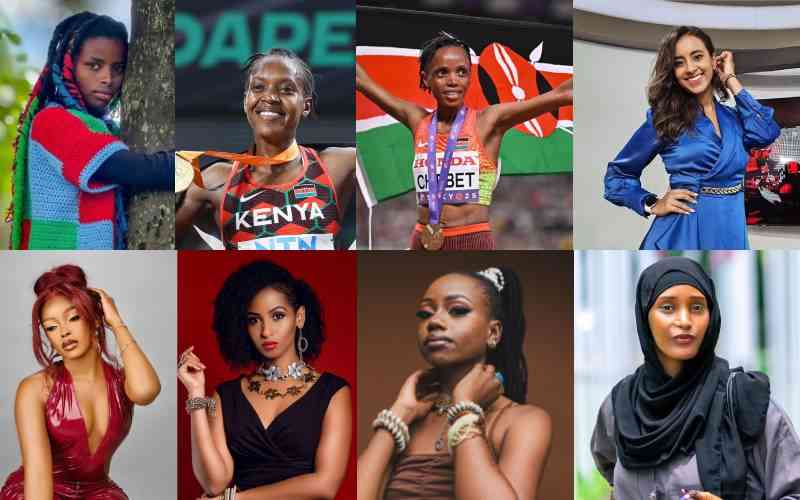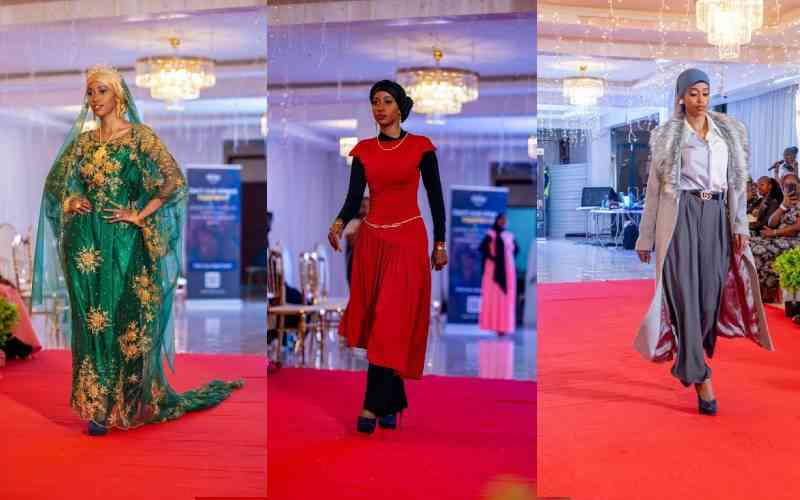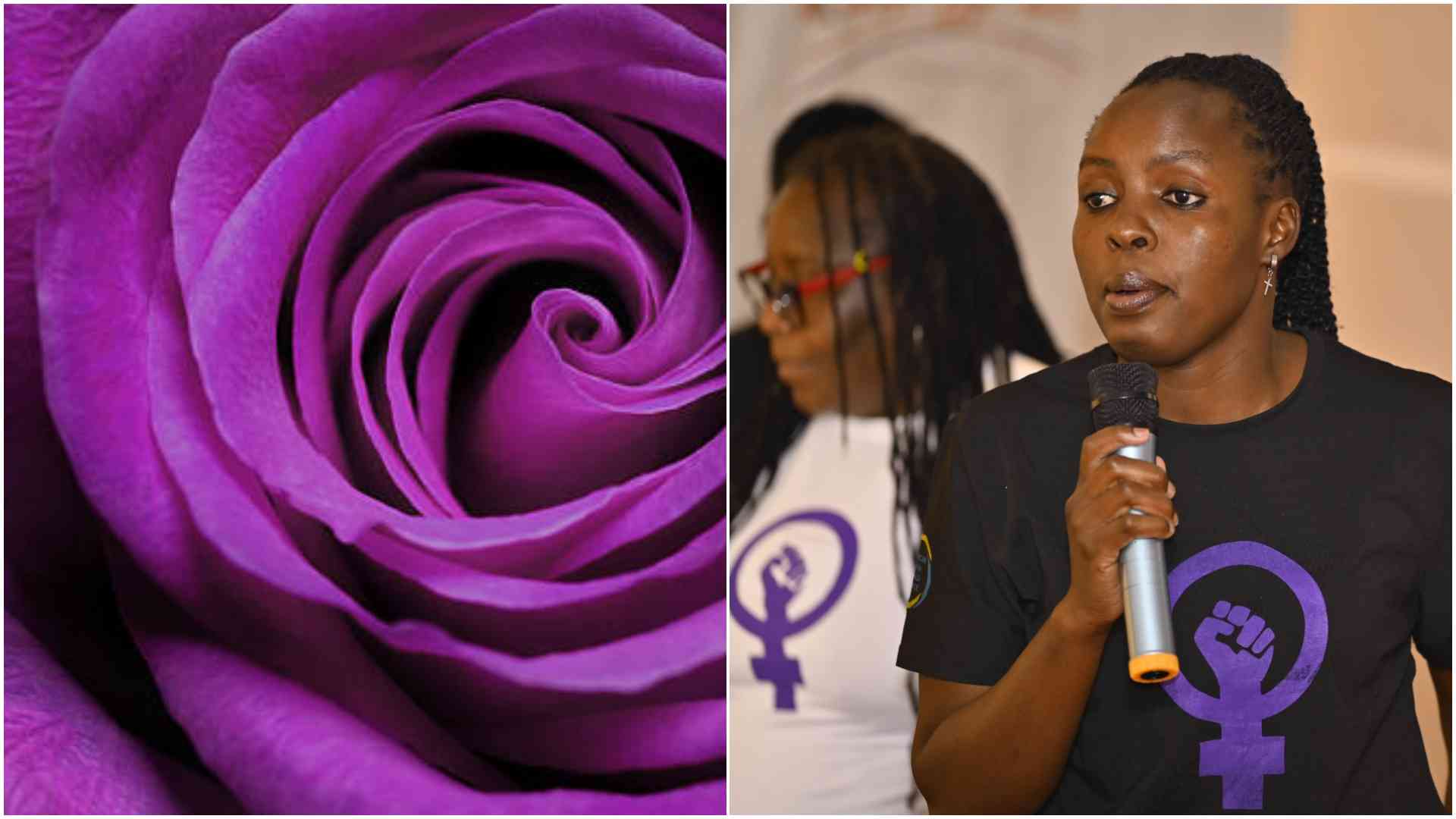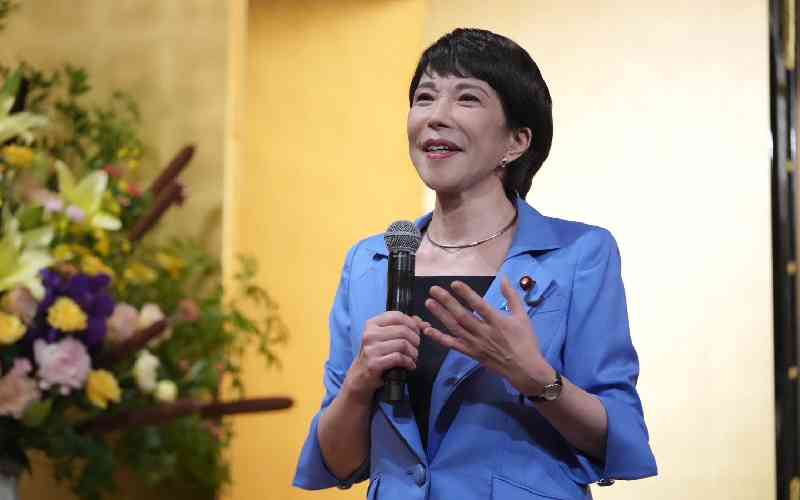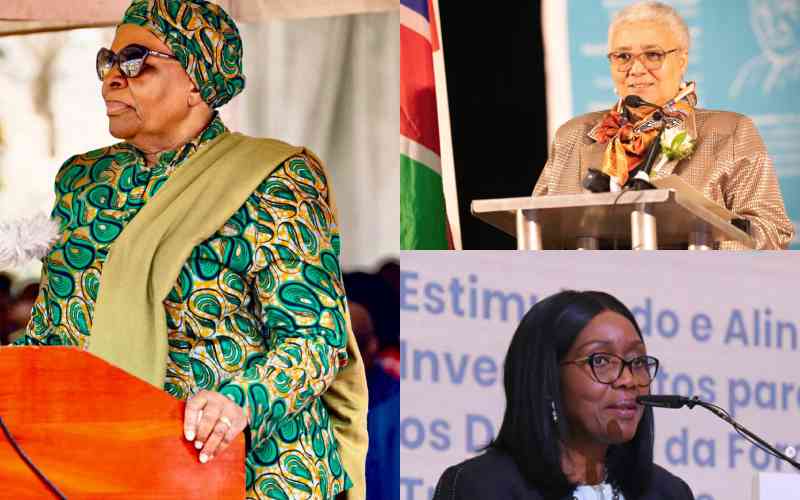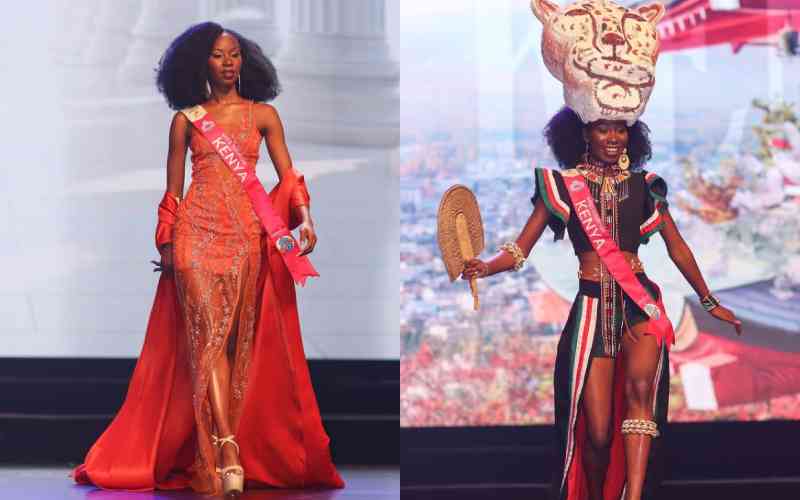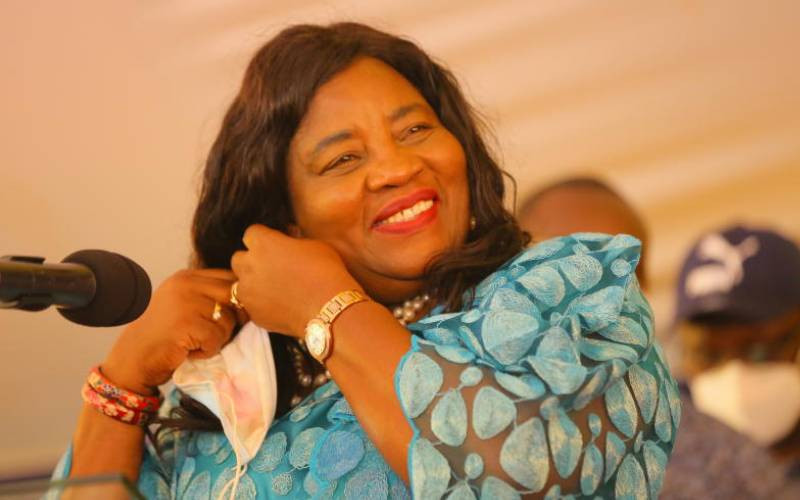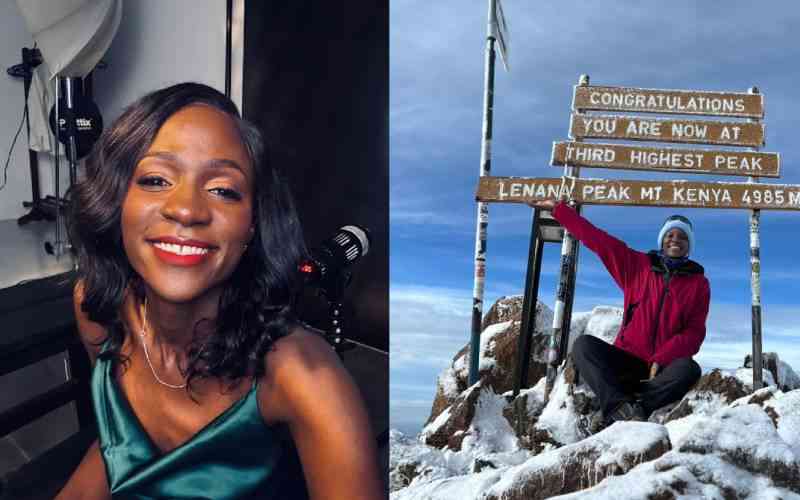
Mumbi Seraki's voice is unmistakable, both as a radio presenter and reggae artiste and her authentic African look comes with an amazing story of self-realisation, she tells us all about it.
As the mid-day sun blazed down on the Jamhuri Day celebrations of 2012 at Nyayo Stadium, Mumbi Seraki dazzled in it. She had the microphone and was performing for president Mwai Kibaki, and other Kenyans.
As she belted out a reggae version of ‘Nchi Yetu’, the audience — especially the young — was visibly enthralled.
She wore a green turban that concealed her dreadlocks and sang with a cathartic release. Her manner suggested that she was proud of the black skin and her heritage as an African woman, and as a Kenyan.
“My aim was to let Kenyans know that this is the only country we have and that we should be proud of it and be peaceful as we co-exist,” she says.
Such performances, though less talked about, make the story of her life. There’s no doubt there were proud moments — like the times she excelled in her academics, but her story isn’t complete without the times she felt weary from dictum of conventional behavior.
At 36, Mumbi says she is at a place of contentment. “Last year, 2016, is the year I let go of feeling inadequate because of the circumstances in my life,” she remarks.
It is also the year that she graduated with a PhD in African Women Studies; “trying to understand who we are as African women, the journey we have made, and how we have changed from our mothers’ and grandmothers’ generation.”

There is very little doubt that Mumbi aspires not to stray from her African-ness. She has pictures of herself in earthly colored garbs lined with cowrie shells.
Her dreadlocks, a statement that she still connects to her Gikuyu roots, are proudly displayed.
A few times, the eddies of life have shaken her. In 2005 and 2011 she had surgeries to get rid of uterine fibroids.
While these were mundane medical experiences that all women who have had fibroids contend with, she was taken aback when, in her second treatment, the doctor suggested that she needed to have children soon.
The medical implication was that the disease hurt her chances of pregnancy.
“I actually gave it some serious consideration. My ex-boyfriend and I even agreed that we would have a baby. Thank God it didn’t happen because we would be miserable today,” she says. The doctor’s advice took her back to pep-talks by her aunts who — with good intention — nagged her to “find a man and settle down.”
And which aunt in Kenya wouldn’t?
Mumbi had so much going for her. She had a Master’s degree and had even worked in Switzerland for World Health Organization.
In Kenya, she presented a breakfast show on radio, State of the Nation, which made her a household name. It was only ‘natural’ that aunts would prompt her to achieve the ‘hallmark’ of womanhood: motherhood.
But Mumbi believed that marriage is a sacred undertaking. “It is something you want to get into with the right person, and not just anybody,” she says.
But she cannot deny she did not feel the pressure. Sometimes, she would imagine that her aunts were right. And she would date a man she was not compatible with, a man who wanted her to play the coy and submissive wife.

“For a while, I played the submissive woman but it was only a matter of time before I got out because that is not me,” she says.
Ultimately, at the back of her mind, Mumbi understood that marriage was more than two people coming together. “You are not only getting married to them alone, you are marrying their ideas, their beliefs, their thoughts, their vision, and their families,” she says.
As for having a baby, Mumbi says “we ought to realise that it is a human being, not a toy or a pet. I believe a baby needs both parents. Plus, I wouldn’t have a child out of wedlock.”
She knows first-hand how it feels being a child of a single parent: a bastard living in a conservative society.
She can still recall that painful moment a cousin told her: “My mother says we can’t hang around you because you don’t have a father. You will be pregnant by 16 and drop out of school,” Mumbi says.
Even when her mother remarried, and she had a step-father, neither skepticism nor stereotyping stopped.
Because the man she called ‘father’ was not of her skin color, she often found herself being told that she still didn’t have a father.
“My stepfather is white. I would be asked ‘how?’ It hurt especially the way other children brought it up. Some asked if I was Kenyan. It made me feel different and wonder what it is that makes us Kenyan. It is part of the reason I got interested in a PhD,” she says.
Mumbi remembers how her cousin’s words smote her with electric shock. Those words, she says, changed how she felt about herself.
“I still think about how I let those words influence me,” she says. “Such hurtful words can lead one to consider harming themselves.”
She didn’t harm herself though. She sank into her books. Academics became her opium, an escape from the reality that the circumstances of her life didn’t meet what was ideal.
“I wanted to prove that my life was fine. That I was going to be successful despite all the questions that didn’t have answers,” she says
When she went back to school for her doctorate, she says, she wanted to learn more about Gikuyu women. In digging into their stories she ended up learning more about herself. She even got saved into the Christian faith.
She particularly holds the story of Field Marshall Muthoni in high regard. “She was able to steal bullets and guns, she could steal secrets and endure torture,” she says of her findings.
“If we, the women of my generation, thought critically about her life then we would carry ourselves
differently.”

 The Standard Group Plc is a multi-media organization with investments in media
platforms spanning newspaper print
operations, television, radio broadcasting, digital and online services. The
Standard Group is recognized as a
leading multi-media house in Kenya with a key influence in matters of national
and international interest.
The Standard Group Plc is a multi-media organization with investments in media
platforms spanning newspaper print
operations, television, radio broadcasting, digital and online services. The
Standard Group is recognized as a
leading multi-media house in Kenya with a key influence in matters of national
and international interest.

